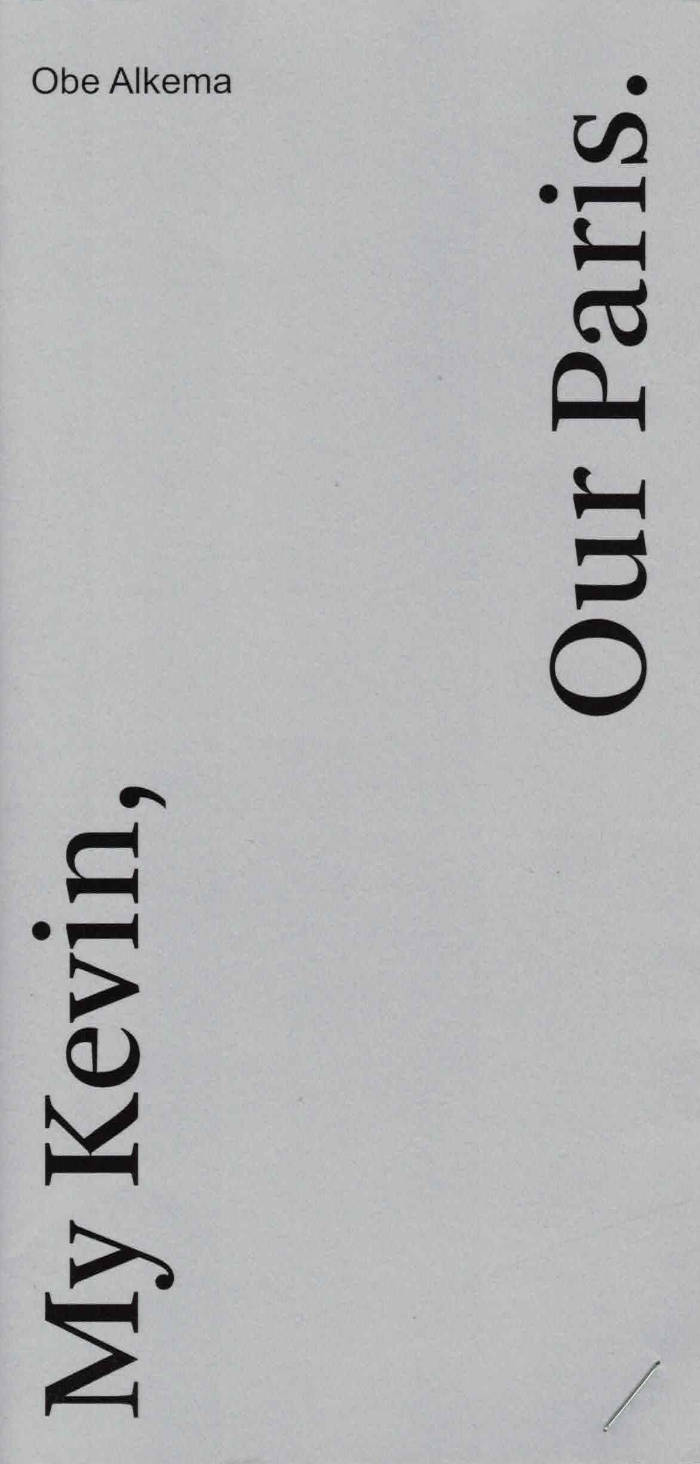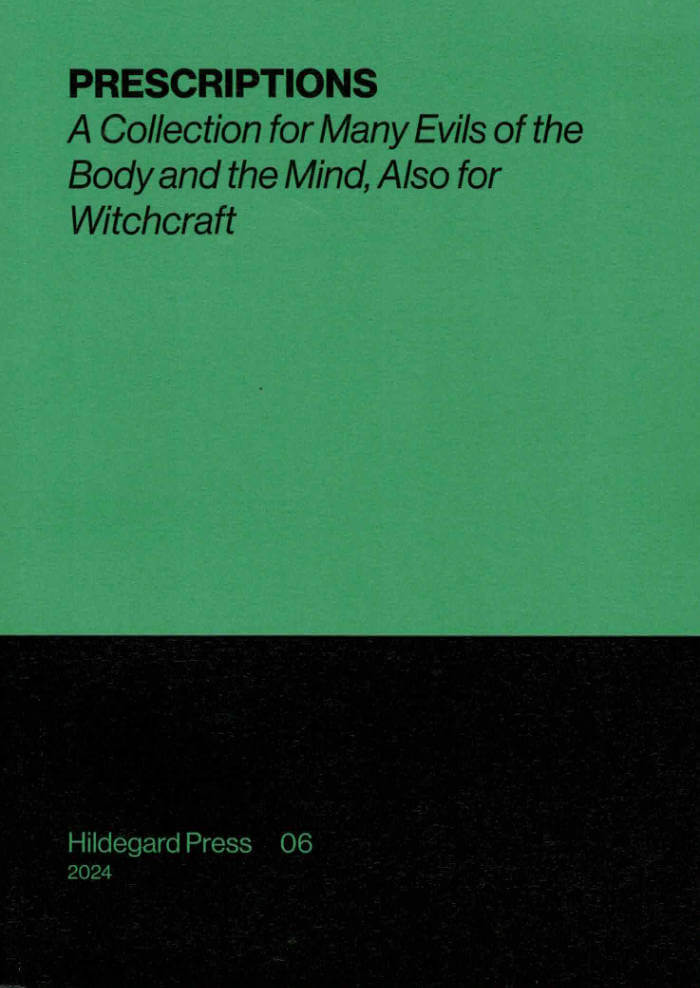
Frozen Tears II
John Russell ed.
Texts By: Kathy Acker, Mireille Andrès, Antonin Artaud, Dominique Auch, Ned Baldwin, Stephen Barber, Georges Bataille, Baudelaire, John Beagles, Mark Beasley, Dodie Bellamy, Alissa Bennett, Simon Bill, Jesse Bransford, R.A.Bransford Jr Esq, Paul Buck, Bonnie Camplin, Aline Bouvy/John Gillis, Dennis Cooper, John Cussans, Trinie Dalton, Sue De Beer, Brock Enright, Felix Ensslin, Dan Fox, Robert Garnett, Paul Green, Matthew Greene, Fernando Guerreiro, Pierre Guyotat, Ilana Halperin, Glen Helfand, Jacques Henric, Rachel Howe, Ben Kaleb Brantley, Seth Kelly, Kevin Killian, Christopher Knowles, Jennifer Krasinski, Cedar Lewisohn, Lorenzo De Los Angeles Iii, Rachel Lowther, Dave Martin, Karl Marx, Casey Mckinney, Gean Moreno, J.P. Munro, Paulina Olowska, Simon O¹Sullivan, Arthur Ou, Damon Packard, Mike Paré, Graham Parker, Wotjek Puslowski, Adam Putnam, Ian Rafael Titus, Eugène Savitzkaya, Eric Schnell, Amy Sillman, Allison Smith, Joanne Tatham/ Tom O'sullivan, Daniel Torop, Genya Turovsky, Banks Violette, Benjamin Weissman, Ivan Witenstein, Thom Wolf
Language: English







